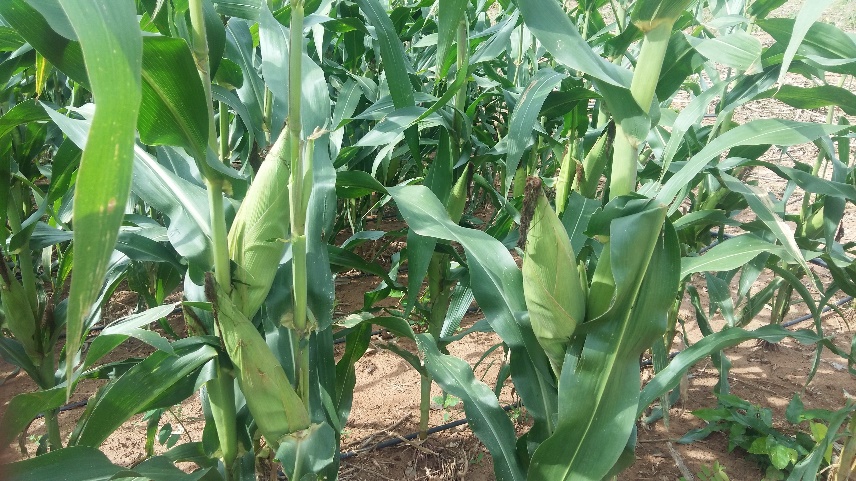Seed production has always been the weakest node in the Ghana’s agricultural transformation agenda. The development of small and medium scale seed companies has proven to be key in facilitating the availability and accessibility of improved crop varieties to smallholder farmers. In recent times, successive government made an attempt to transform Ghana’s agricultural activities but failed to recognize essence of high quality seeds not just seed but good quality seeds. We sometimes do not understand the difference between grains and seeds.
Good quality improved seeds can deliver state of the art technology to farmers: higher yields, disease and pest resistance, climate change adaptation, improved nutrition, longer shelf life etc. In 2017, the government of Ghana launched a program dubbed “PLANTING for FOOD & JOBS and just a year after it has been launched, there is a great concern among various stakeholders about quality of seeds supplied under the project. The officials in charge claimed that they are supplying good quality seeds to farmers but farmers are not accepting the seeds. So the question is, if these seeds are that great, why adoption rate so low? The data available revealed that 98% of seed supplied under this project is open pollinated varieties (OPV). For instance, these seed maize are not only OPV but quality protein maize (QPM) varieties. These gemplasm require specialized techniques for seed production. Production of QPM seed is more technical/ difficult than to produce hybrid seed maize. But what we do see happening? People with no technical-know-how claimed to be seed experts and producers. In some cases, grains are bought from markets and bagged as seed, then sold to the farmers. In recent meeting held by MOFA and contracted seed growers, the officials lamented about high level of apathy among farmers towards seed adoption under 2018 PFJ program. We think that farmers are the problem but failed to acknowledge that seed producers, government and donors are one number problem to smallholder farmers. We make decisions without consulting smallholder farmers. Farmers are rational beings, we can’t impose so called technology on them but we must involve them in the process. In some cases, data for new varieties are cooked/massage and do not reflect actual performance of the varieties in the field. Collectively from seed research/breeding to seed marketing/ distribution, we failed farmers in this country.
For the past 75 years (1942 – 2017), 63 maize varieties has been released and registered in this country, in which 12 varieties are quality protein maize (QPM).
Table 1: Quality Protein Varieties Released and Registered in Ghana
| Germplasm Name | Year of Released |
| Obaatanpa | 1992 |
| Mamaba | 1996 |
| Dadaba | 1997 |
| Cidaba | 1997 |
| Golden Crystal | 2007 |
| Aziga | 2007 |
| Akposoe | 2007 |
| Etubi | 2007 |
| Enii Pibi | 2010 |
| Omankwa | 2010 |
| Aburohemaa | 2010 |
| Abontem | 2010 |
The most popular variety on this list is Obaatanpa which is 26 years old. This variety is no more in existence but its brand is being marketed in various agro dealer shops in the country. A very good variety promoted by SG 2000 but later deteriorated through bad activities of actors/players in the seed sector. Though Obaatanpa is white seed maize with dent kernel type with opaque character, but don’t be surprised to find yellow maize/corn in shops labelled Obaatanpa. Omankwa and Abontem are also getting ground in terms of their brands but not the content and quality. In production of quality protein seed maize, strict standards must be followed to ensure reproduction of true-to-type, high quality seed. Also, various class of seeds of particular variety must be sent to the laboratory for tryptophan and protein analysis to ensure that values above the required minimum.

